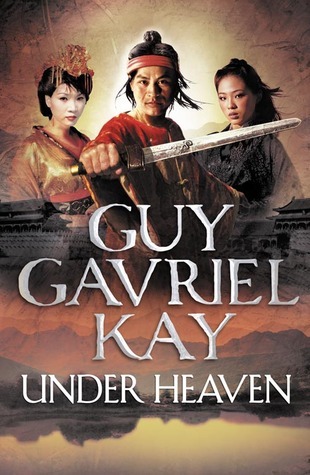What do you think?
Rate this book


592 pages, Hardcover
First published April 27, 2010
You gave a man one of the Sardian horses to reward him greatly. You gave him four or five of those glories to exalt him above his fellows, propel him towards rank--and earn him the jealousy, possibly mortal, of those who rode the smaller horses of the steppes.What follows is Shen Tai's journey, interwoven with others whose fate is destined to weave with his own. In essence, the Princess has awarded Shen Tai with an honor so great that it might send him to his death. Royalty is like that. They never consider the consequences of their grand actions.
The Princess Cheng-wan, a royal consort of Tagur now through twenty years of peace, had just bestowed upon him, with permission, two hundred and fifty of the dragon horses.
There are limits to what a woman in her position can know, however intelligent and committed she might be. There are too many constraints on someone confined to the womenÔÇÖs quarters of a compound or a curtained sedan chair, relying for information on infatuated servants.We witness their fates, their separate lives as they intersect, through the simple act of an unparalleled gift. A gift that might destroy a nation.
There have always been such limits. It is the way of things, and not all men are foolish, though it might seem otherwise at times.
Branching paths. The turning of days and seasons and years. Life offered you love sometimes, sorrow often. If you were very fortunate, true friendship. Sometimes war came.
You did what you could to shape your own peace, before you crossed over to the night and left the world behind, as all men did, to be forgotten or remembered, as time or love allowed.
